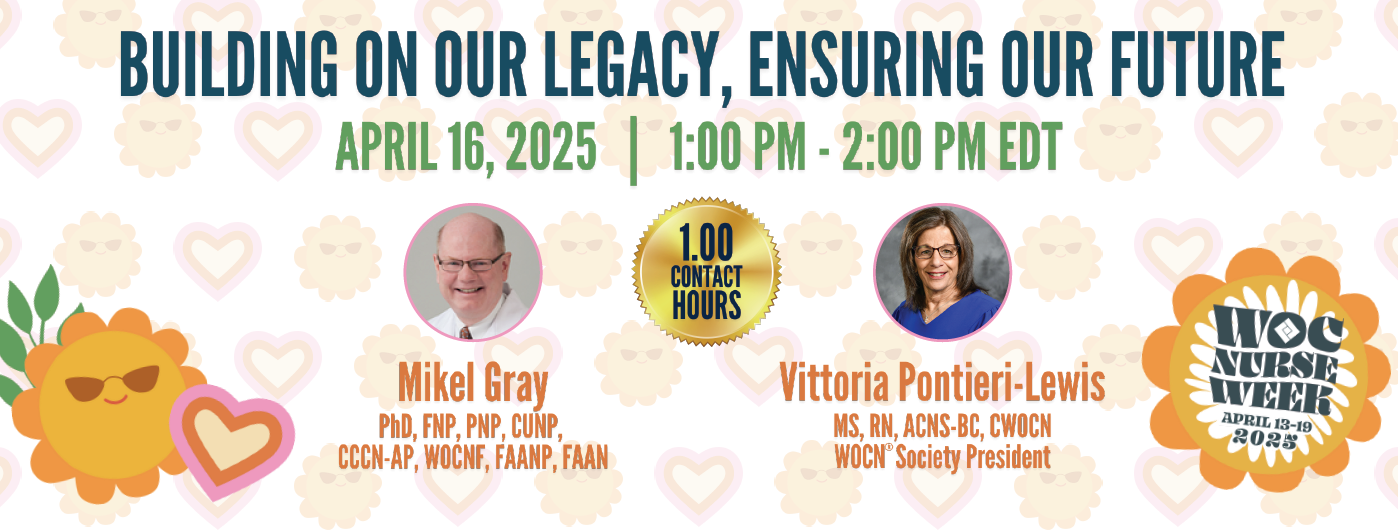This guest blog post was written by ostomy patient and advocate Amy Oestreicher.
When I first got my ostomy, I felt very alone. I felt self-conscious of the smell and sound, and sometimes I longed for my old body. When I couldn’t take self-loathing anymore, I decided to make friends with my ostomy. I reached out. I inquired about support groups in my area and realized there are many people like me. I realized my ostomy is a beautiful thing and has enabled me to do all the things I’ve been able to accomplish over the years. It is my uniqueness.
These are 10 things I would have liked to tell myself when I first had an ostomy — 10 things I didn’t know but eventually learned, which I am so grateful for today:
1. What it was.
I had no idea what an ostomy was before I had one. But I have a confession: I didn’t realize exactly what it was until a year later! Coming out of multiple surgeries, I had so many bags and new anatomical surprises to think about that a little pink bulge on my belly seemed to be the least of my problems!
I’ve learned things in the past 10 years that have shocked, scared and relieved me, such as: You can’t actually feel your stoma — no nerve endings! I’ve had three ostomies and four ileostomies over the years. I didn’t realize how different they were. Once I learned about the differences and functions of each, I was better able to take care of them.
2. What my limits were.
When I saw that I’d have to live life with a bag stuck to my side, I assumed I’d be “fragile” for the rest of my life. But believe it or not, there are so many activities for ostomates out there! Swimming, karate, ballet, yoga — I’ve done everything I did before my ostomy and more.
3. There are so many strong ostomates.
I was privileged to be the Eastern regional recipient of the Great Comebacks award and meet five other amazing ostomates doing incredible things. There is a huge, supportive ostomy community, including celebrities! Did you know Great Comebacks was founded by a former NFL linebacker?
4. Ostomates excel at innovation and inventiveness.
It turned out I was able to do all the things I thought I couldn’t — but that didn’t mean it was easy. Some of the best things in life take hard work, and that makes you appreciate them even more. Let’s just say that plastic wrap, Pepto-Bismol, waterproof tape and wet suits have become good friends of mine. I’ve even made a creative workshop for ostomy patients and healthcare professionals. The “Renegades” music video by X Ambassadors features a blind man who says it best: “It’s not a matter of enjoying it more or less; it’s about enjoying it differently.”
5. How amazing my body is.
I have a new respect for my body and the way it can function now.
6. Judgment hurts, but fear hurts more.
Stay informed and know the facts. The more I actually understood how an ostomy worked, the more I realized how wonderful it was. After that, I took it as my responsibility to educate others.
Instead of wondering if I was being “judged” by others, I took it as a privilege to inform them.
7. Everything is connected.
Take care of your full self: emotional, spiritual, mental and physical.
If you’re stressed you might get physical side effects, such as being bloated or feeling pain and discomfort. Remember to take deep breaths in difficult times.
8. The people who love you, love you.
If you’re just getting comfortable with your ostomy, remember that your support system loves you for who you are. You are more than your ostomy.
Reach out to the ones you love when you feel alone, and never forget how loved you are.
9. Eat fresh.
You are what you eat, so eat whole and nourishing foods. Your ostomy will thank you, and so will you!
10. Life can go on.
Throughout these years, I’ve been strong, determined and willing to do whatever it took to stay alive. I’ve dealt with tubes, bags, poles, you name it. And if this ostomy is all that I’m left with after everything, then I am truly grateful. More than that, I thank my ostomy for enabling me to live life to the fullest, to my fullest. I call it my Harry Potter thunderbolt scar: a symbol of strength, courage, individuality and life.
There are a few things I didn’t know before my ostomy. But what I look forward to most is everything left to learn. Thank you, ostomy, for making the world a wide open door once again.
 About the author:
About the author:
Amy Oestreicher is a PTSD peer-to-peer specialist, artist, author, writer for Huffington Post, speaker for TEDx and RAINN, health advocate, survivor, award-winning actress and playwright who is sharing the lessons learned from trauma through her writing, mixed media art, performance and inspirational speaking.
As the creator of the Gutless & Grateful, a one-woman autobiographical musical, Amy has toured theaters nationwide, along with a program combining mental health advocacy, sexual assault awareness and Broadway Theatre for college campuses and international conferences. Her original, full-length drama, Imprints, premiered at the NYC Producer’s Club in May 2016, exploring how trauma affects family as well as the individual.
To celebrate her own “beautiful detour,” Amy created the #LoveMyDetour social media campaign, to help others cope in the face of unexpected events. “Detourism” is the subject of her TEDx talk and upcoming book, My Beautiful Detour, available December 2017. As Eastern Regional Recipient of Convatec’s Great Comebacks Award, Amy has contributed to over 70 notable online and print publications, and her story has appeared on NBC’s TODAY, CBS and Cosmopolitan, among others. She has devised workshops for conferences nationwide and presented at the 2016 Northeast Region WOCN Conference, and is the 2016 keynote speaker for the Hawaii Pacific Rim International Conference on Diversity and Disability. To learn about the art of navigating beautiful detours and to sign up for updates visit amyoes.com.


